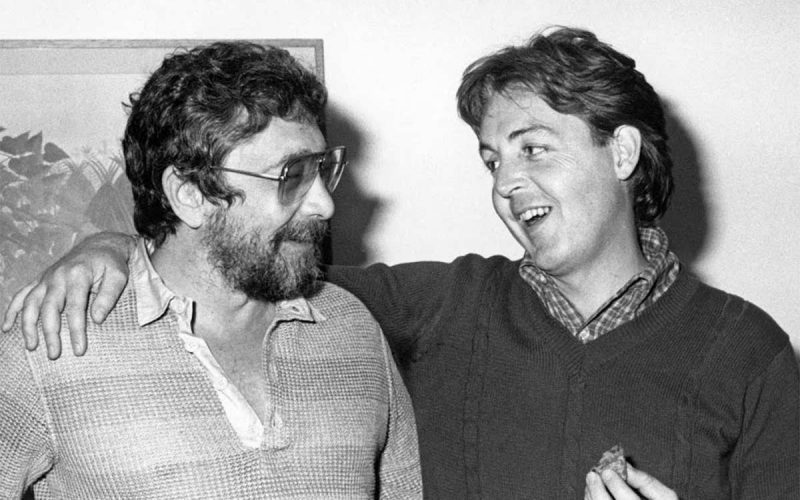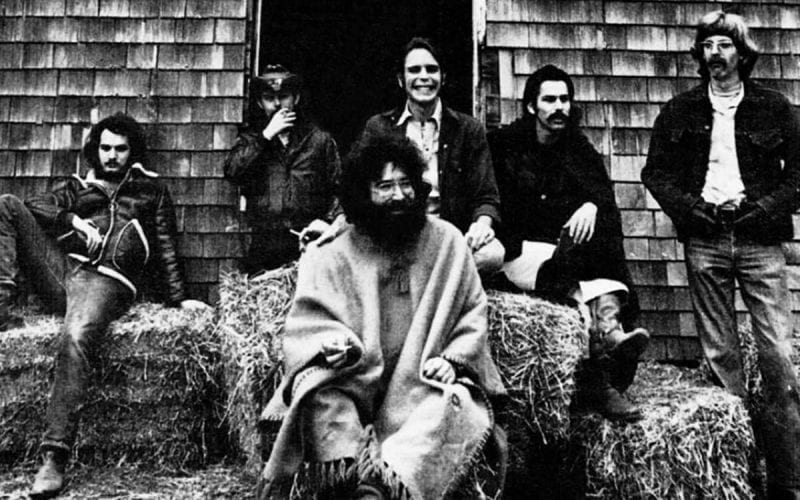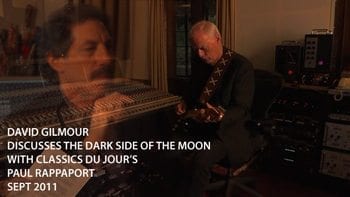
I first met Walter Yetnikoff when he was the head of CBS’s music International Division from 1971 to 1975, and I wound up working with him when he was president and CEO of CBS Records from 1975 to 1990.
Walter was an amazing man. He was an attorney by trade, which helped him negotiate major recording contracts, but his real talent was walking the line between dealing with a major corporation and the artists. Unlike many other labels who were privately owned and who’s executives rolled more easily not having to answer to any higher-ups, at CBS, corporate protocols and pressures were quite different. It’s not easy wearing both hats. Indeed, sometimes I think Walter forgot which one he had on at times. He was one of my heroes, firstly, because all of us who worked for CBS and later Sony (parent companies to Columbia and Epic Records) also had to learn to walk that fine line and Walter showed us that it could be done, and indeed, was an example of how to do it.
In meetings, Walter was all buttoned-up and business like. When he was out with artists, he also had to have somewhat of a business demeanor, but he could also get down and party with the best of them.
I recommend you read his book Howling at the Moon (you can pick it up here on Amazon). It’s funny and entertaining but flawed in my opinion because it only shows one side of him, the wild man. I guess he figured those stories would sell more books, or perhaps he felt the need to brag about himself that way, or maybe it was even some sort of attempt at confessing and cleansing all of his sins. But I was disappointed that he chose to show only that side of himself, as he was also a great leader, and negotiated some of the biggest deals in the music business for artists like Michael Jackson and The Rolling Stones.
One of my fondest memories is his office calling me when I was head of album rock promotion along with John Fagot, who was then head of Top 40 promotion, to come up for a meeting with Mick Jagger. We walked in and there was Walter behind his big desk and Mick, a bit animated, pacing around the room. Walter said, “We need to pick a first single from Mick’s new solo album, and I’m not good at that stuff, but you guys are. So, let’s listen to a few choices and you and Mick decide what’s best.” I was struck by Walter’s honesty and being so down to earth. He knew what he didn’t know, and wasn’t about to pretend. He didn’t need to prove anything to himself or anyone else for that matter—he was quite confident in his strengths and overall achievements.
It wasn’t the first time that John or I had met Mick, so there was a comfort factor at work. Walter put on the first song and Mick started dancing around the room doing some of his Mick moves. It was fun and I guess it was how Mick gave a potential single his “Mick test” to see if it felt right. I always give potential singles or rock tracks, the “car test.” Something about driving in a car while listening to a track, reveals to me if a song has the goods or not. I think it has something to do with the motion. Mick comes complete with his own motion, so there you have it.
More Backstage Access:
Me and Mick Jagger – It’s Only Rock and Roll but I Like It
After a few songs we picked one and Mick looked up and in that familiar sort of faux-cockney voice we all know so well and said, “Raw-ight, I think this has a good chance.” I remember thinking, ‘This guy is such a pro, he knows that even though he’s Mick Jagger, a “chance” is solely what all records have until they’re proven hits.
That was the buttoned-up part of Walter being down to earth with an artist deciding a most important part of their career. The same man could be overheard talking to Barbara Streisand like she was a bar room buddy, “You stupid cunt! That’s the dumbest move you could ever make!” They were both from Brooklyn, spoke the same language.
When you read Walter’s book, you also see that he really didn’t kowtow to anyone. He gives Michael Jackson great advice, but also has no problem making fun of him, “Hi Michael, how’s the monkey?”
Another reason Yetnikoff was a hero of mine is simply because he never wore a tie. I hate ties myself and one of the great perks of the record business is, you rarely have to wear one. If our fearless leader, who ran the whole joint, wasn’t wearing a tie, hell, that’s permission enough right there. But I have to admit Walter sometimes looked a bit funny tieless, because he often wore three-piece suits with a vest and a nice dress shirt with an open collar folded over the jacket. The folded over large collar was the look back then, and it works fine if you’re just wearing a sports coat, but when you wear a three-piece suit without a tie it just looks a bit unkempt. Maybe it was the fact that Walter sometimes looked a bit unkept anyway. If he showed up to work at 11:00am, even in that three-piece suit, chances are he was still wearing it from the night before, hanging out all evening at JP’s (a popular bar for musicians on the upper east side), doing blow and drinking heavily with Billy Joel or whomever else.
More Backstage Access:
Billy Joel, Still Relevant
Always outspoken, sometimes to a fault, Walter never minced words. When Larry Tisch took over CBS and started selling off acquisitions just to have more cash, Walter could see that our division was going to be in trouble if an ultimate bean counter was in charge of our artist-driven, creative business. He began looking for a new more understanding owner to save us. He was on record to the press and at every one of our meetings denouncing Tisch in harsh language, calling him all sorts of names in public. I thought he was really going to get into trouble, after all, we were still part of the CBS corporation and I’d seen what they had done to Clive Davis years ago when they decided that they’d had enough of him — it’s tough at the top.
But his international ties paid off, we were bought by Sony, and the rest is history. Also historical, is Walter’s signing bonus for staying in charge — ten million dollars! I was in an elevator at Black Rock (the famous black granite CBS building on 52nd and 6th) standing next to Bonnie, Walter’s assistant, when she said, “You wanna see something amazing?” She held up a Sony Corporation check made out to Walter. It appeared to be a $10,000 check. I didn’t get the significance. “So?” I said. She replied, “Rap, look closer, look at the zeros.” It was for $10,000,000! This was the legendary bonus check. I went to grab it, she quickly pulled it back. “Let me just touch it,” I pleaded. I wanted to know how it felt like to touch a ten-million-dollar check. “Nope, you can’t even touch it.” I remember thinking, ‘Wow, Bonnie must really have Walter’s trust. Do you just give someone a ten-million-dollar check and say, “Hey, do me a favor and just drop this off to the bank for me, ok?”
Walter was a very wise record executive. When Sony Music gave Bruce Springsteen $150,000,000 to remain a Columbia Record’s artist, Walter, even though long gone from the label, was quoted as saying it was a big mistake for Bruce to take that kind of money. It would make him less hungry, alter his brain and relationship to the world, and ultimately be harmful to his writing process and his art. As much as I revere Bruce and all he’s accomplished, I know that when an artist receives that kind of money there is an expectation from the label for that artist to produce music on a timely basis. When Bruce, or any artist, feels that pressure they force things to come out that are not organic, and the art does suffer. Especially vulnerable is Springsteen, who really needs to take his time — it’s his process. I happen to think that Walter was right. But hey, how do you turn down $150,000,000?!!
More Backstage Access:
Bruce Springsteen at the Roxy 7/7/78
It was a time when characters abounded in the music business. Not just the artists, but the managers, the agents, us promotion and marketing people, and yes, even some record company presidents. Walter Yetnikoff led the pack of the outrageous and still managed the business taking CBS Records and Sony Music to the greatest of heights. He was one of kind, and isn’t that the truth about all the greats.
Until next time–keep rockin’!
Rap~
© Paul Rappaport 2021
Photo of Water Yetnikoff and Paul McCartney: Nick Truger CC BY SA 3.0 Unported










